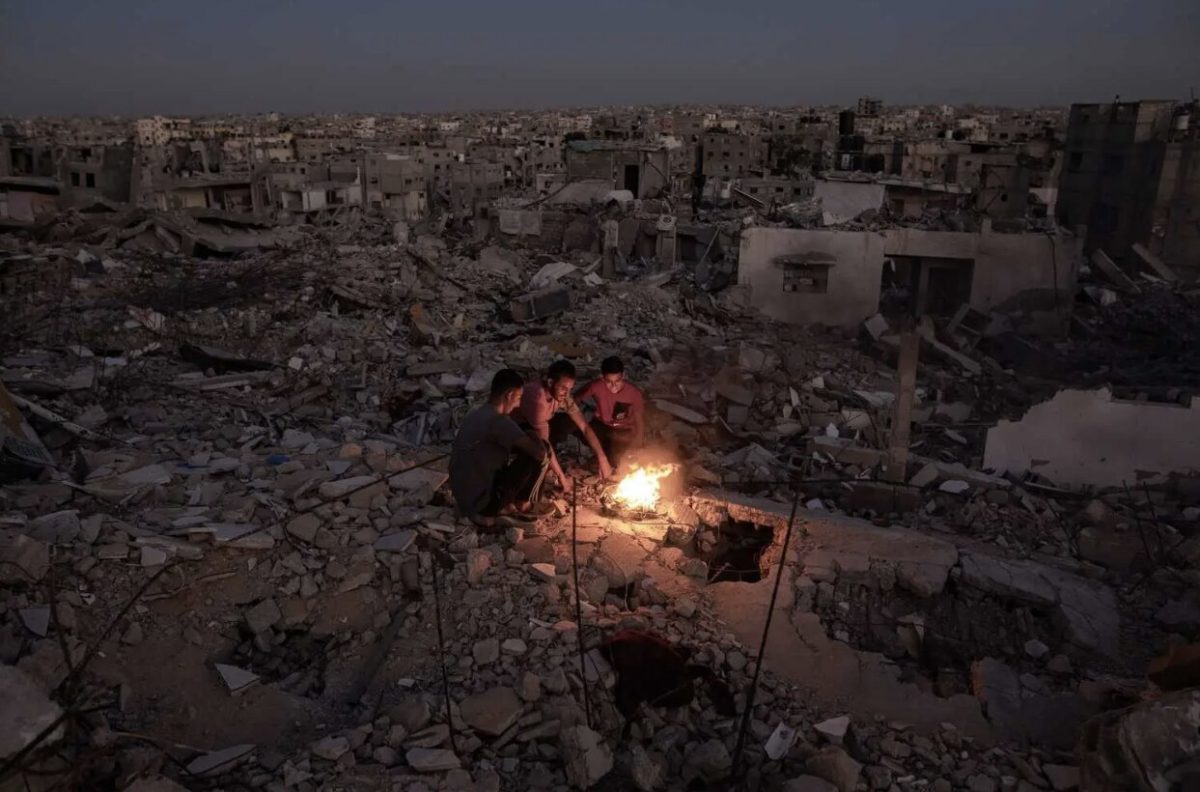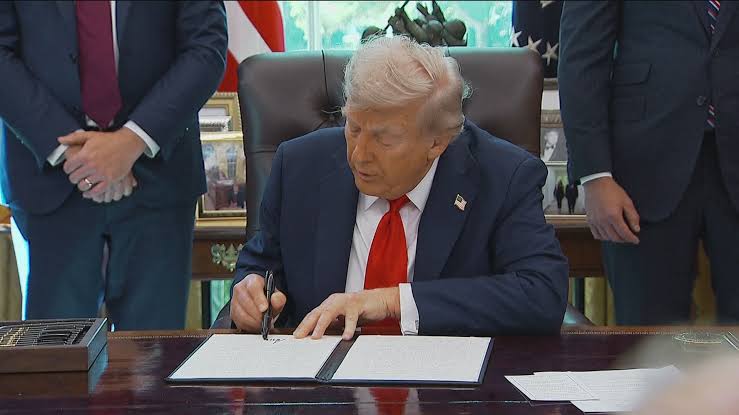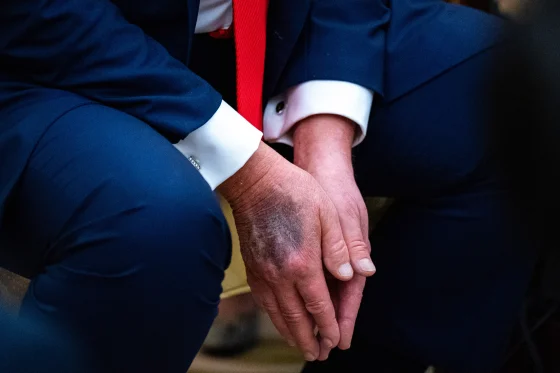1976. National Geographic comments on Beirut in terms of hope, among other things, “There is time to dream now, for the nights here are no longer fitful with the sound of rifle fire… after eight years of fighting, there is little left, not even the jasmine that perfumed its springtime’s of peace.” In a city still upheld in ceaseless strife, the capital of present-day Lebanon has been argued among scholars as a “post-conflict state,” juxtaposing the current news that has found prevalence throughout the media. On Oct. 7, 2023, Hamas, a Palestinian militant organization, began its political subversion along Israel’s borders, igniting a widespread debate on the support of the expansive charter from the West Bank to Gaza. Israel responded with what Foreign Affairs quotes as, “A ferocious military response… that created a humanitarian catastrophe.” Now, Lebanon faces a similar means of political upheaval due to its ownership of the terrorist organization–known to some as freedom fighters–Hezbollah. The displacement of Lebanese citizens, alongside Palestinians, rises every day (calculated now to be in the millions) with the Israeli airstrikes incessantly raining down on Gaza and Beirut—stories heard from the survivors awaiting aid question Israel’s citations of sporadic violence. Questioned here, it is important to ask: When does coexistence become deference for further brutality? Apart from the country’s modes of expanding settlements in the West Bank, there seems to be a line of intention that few can follow.
Lebanon was once described as the “Switzerland of the Middle East.” In the centuries that have ensued since the country has suffered from extreme economic upheaval and corruption. It was around four years ago that the Beirut blast, an industrial explosion along the city’s port due to 2,750 tons of ammonium nitrate, shook the city. It is important to note that the country has been in such a state for years preceding this; the relationship between Lebanon and Palestine can help to better profile this upset. Lebanon’s southern locations, bordering Northern Israel, were used by Palestinian militant movements, causing Israel to invade in the early eighties, and subsequently, the tension between the countries has gained prominence. During the Lebanese Civil War, there became an “uneven distribution of power,” as scholar Marie-Joelle Zahar states. Split governance established by the French ran in accordance with French jurisdiction, not the native Lebanese. This division resulted in the debasement of the facilitation of Lebanon’s interests and the modern-day schism apparent geographically in the topographical landscape in Beirut.
This ideology and claim to self-governance have left Lebanon with an enigmatic space to fill, alongside Palestine. Both countries have held the inadvertent consequences of sectarianism that has filtered through everyday life for citizens. There are architectural solutions that, in the future, could not only help rebuild Beirut, but also give Lebanon a step-forward into the prevention of further socio-political separation.









